The sticky, light, pressure-activated compounds known as pressure-sensitive adhesives are used to join flat items together. A push of the finger or hand is all that is needed to create a viscoelastic binding instead of heat or chemicals. In addition to being utilized with or without release paper, they are occasionally coated on foil or plastic. Pressure-sensitive adhesives connect practically any surface, including wood, paper, metal, and plastic, without requiring any physical or chemical reaction. Read More…
Master Bond formulates high quality adhesive systems to help engineers meet specific requirements for their bonding, sealing, coating and encapsulation applications. The product line consists of epoxies, silicones, UV curable and LED curable systems that feature outstanding performance properties.
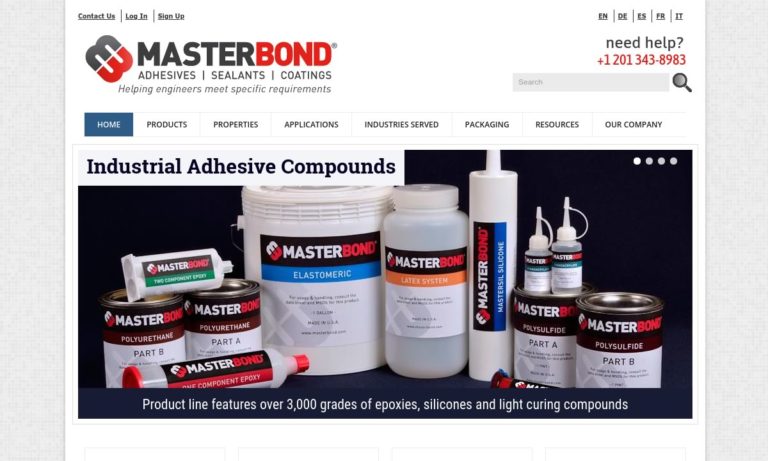
We hold North American manufacturing together with our adhesives! We have presences in Seattle, Portland, Spokane, Houston, Dallas, Tulsa, Chicago and many others so that we will be where you need us, always! Our motto states that “We strive for insanely happy customers,” and that’s exactly what the kind of commitment to excellence that we will bring to you. For more information on what we...
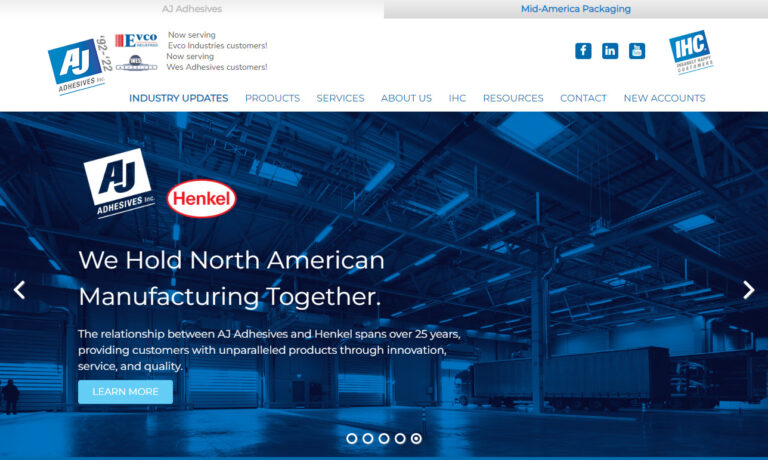
At Parson Adhesives, Inc., we specialize in providing comprehensive adhesive solutions tailored to meet the diverse needs of our clientele. With years of experience and expertise in the adhesive industry, we have established ourselves as a trusted leader in adhesive manufacturing, renowned for our commitment to quality, innovation, and customer satisfaction.
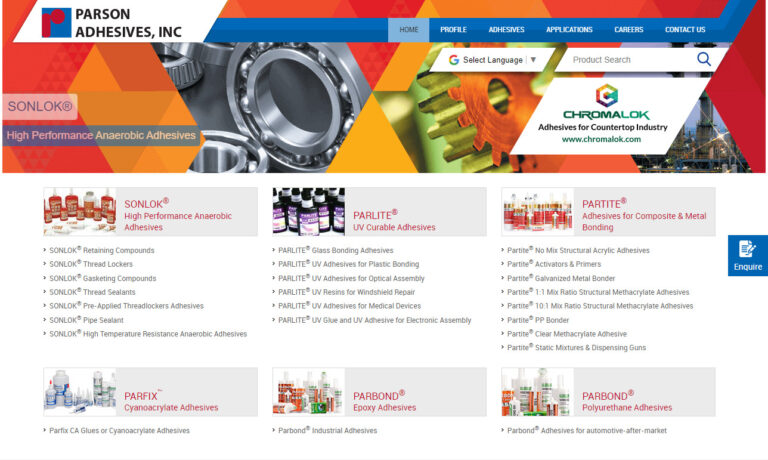
More Pressure Sensitive Adhesive Manufacturers
However, because they lose tactility at cold or hot temperatures, they do not function as well as silicone or polyurethane adhesives. In contrast to the stronger bonds, bonds achieved through pressure-sensitive adhesives are not intended to be permanent.
PSAs may be based from either natural or synthetic sources and the variety of these materials allows for an array of uses for PSAs. Whether natural or synthetic, a rubber-based glue will be highly elastic and flexible. While acrylic PSA is quick to set and ecologically benign, styrene copolymer adhesives are frequently utilized to manufacture hot-melt adhesives. Products made using pressure-sensitive glue might have varied bonding types and be repositionable or semi-permanent.

Materials Used
- In most cases, PSAs are made up of a fluid, an adhesive micro-web, and some structural backing.
- The primary base material is an elastomer, which can be any of the following: acrylics, silicones, nitriles, styrene block copolymers, butyl rubber, vinyl ethers, and natural rubber.
- Terpenes, terpene-phenol resins, aromatic resins, and hydrogenated hydrocarbon resins are some standard resins that may be used as tackifiers, or chemical compounds added to elastomers to promote adherence.
- Because tackifiers have high viscoelasticity, the adhesive and rubber share several characteristics, including resistance to shear flow and their high tensile strength.
Types of Pressure-Sensitive Adhesives
-
Hot-Melt PSA
This moldable adhesive is frequently used in vehicle repair and metal and woodworking. PSA glues are less thick and set virtually immediately when compared to hot-melt glues. They are utilized in the electrical, industrial, and medical industries and are available in liquid or aerosol form. A glue gun is commonly used to apply hot melt PSA.

-
Natural-Rubber PSA
Rubber is frequently a wise alternative for less-expensive kinds of tapes. Unless a technique like partial crosslinking (vulcanization) has been used to boost the cohesive strength, it has high adhesive qualities initially and not much creep resistance.

-
Acrylic-Based PSA
Due to the absence of double bonds in rubber, these PSAs often outperform rubber-based adhesives in heat and oxygen resistance. The adhesive characteristics of acrylic adhesives can range widely, from minimal adhesion and low tack, to extremely aggressive tack and the ability to firmly attach to the substrate.

-
Silicone-Based PSA
Silicone adhesives are sometimes the costliest PSAs, but they also offer some of the most remarkable qualities for high-performance applications. They can, for instance, tolerate temperatures of up to 500 °F. To make them appropriate for higher temperature applications, silicone-based pressure-sensitive adhesives are frequently bonded to more costly carriers, including glass cloth, Kapton®, and aluminum foils.

-
Synthetic-Rubber PSA
Styrene-butadiene (SBR) or a styrene-block copolymer (SBC), such as polystyrene-block-polyisoprene-block-polystyrene (SIS) or polystyrene-polybutadiene-polystyrene, are included in pressure-sensitive adhesives made from synthetic rubber (SBS). A tackifying resin is also present in some PSAs.

Construction of Pressure-Sensitive Adhesives
- When making pressure-sensitive adhesives, either a liquid carrier or organic solvent is used.
- By depositing the adhesive on a substrate and evaporating the organic solvent or water carrier, often in a hot air dryer, articles like tapes and labels are manufactured from liquid PSAs.
- To start a cross-linking reaction and increase molecular weight, the dry glue may be heated further.
- 100%-solid PSAs can be made from high-viscosity materials that have been heated to make them less viscous enough to coat, then cooled to their final form (Hot-Melt PSA); or, they can be made from low-viscosity polymers that are covered and then react with radiation to increase molecular weight and create the adhesive (Radiation-Cured PSA).
Working of Pressure-Sensitive Adhesives
- These adhesives must be pressed against the substrate to stick.
- Because of this, achieving good adhesion requires applying the proper amount of pressure. By continually soaking the substrate, PSAs often get stronger over time.
- The adhesive literally flows into microscopic pores and crevices on the substrate and removes air bubbles.
- The tape's adhesive must be viscoelastic in addition to adhering to the substrate if high peel strength is to be achieved.

Benefits of Pressure-Sensitive Adhesives
- Applications are often not complex and may be readily automated.
- PSAs, as opposed to liquid adhesives, need less setup and cure time during assembly, saving time.
- Additionally, bonding happens instantly, allowing production processes to continue without interruption and saving time and labor.
- By eliminating the need for screws, rivets, clips, or drilling holes, pressure-sensitive adhesives improve the integrity and look of the finished product by preventing cracks and corrosion.
- In addition to sound and vibration suppression, PSAs offer an insulating barrier.
- PSAs produce items that are lighter and thinner than they otherwise would be if fastened together by other means.
- Disparate materials adhere together without compatibility issues.
Applications of Pressure-Sensitive Adhesives
- Pressure-sensitive adhesives are employed in various sectors because they are adaptable, dependable, and flexible.
- A pressure-sensitive adhesive material is frequently used in tapes, labels, and graphics, and is commonly applied to objects to seal or identify the item.
- Considering skin contact and sensitivity, this kind of skin-safe adhesive is utilized to create various medical products, such as bandages and wound dressings.
- Pressure-sensitive adhesives can be used for applications that are either permanent or removable. Safety labels for electrical equipment, foil tape for HVAC ductwork, interior-trim assemblies for cars, and sound/vibration-dampening films are a few examples of permanent usage.
Choosing the Proper Pressure Sensitive Adhesives Supplier
To make sure you have the most beneficial outcome when purchasing Pressure Sensitive Adhesives from a Pressure Sensitive Adhesives Supplier, it is important to compare at least 5 or 6 Suppliers using our list of Pressure Sensitive Adhesives companies. Each Pressure Sensitive Adhesives Supplier has a business profile page that highlights their areas of experience and capabilities and a contact form to directly communicate with the manufacturer for more information or request a quote. Review each Pressure Sensitive Adhesives business website using our patented website previewer to get an idea of what each business specializes in, and then use our simple RFQ form to contact multiple Pressure Sensitive Adhesives businesses with the same message.

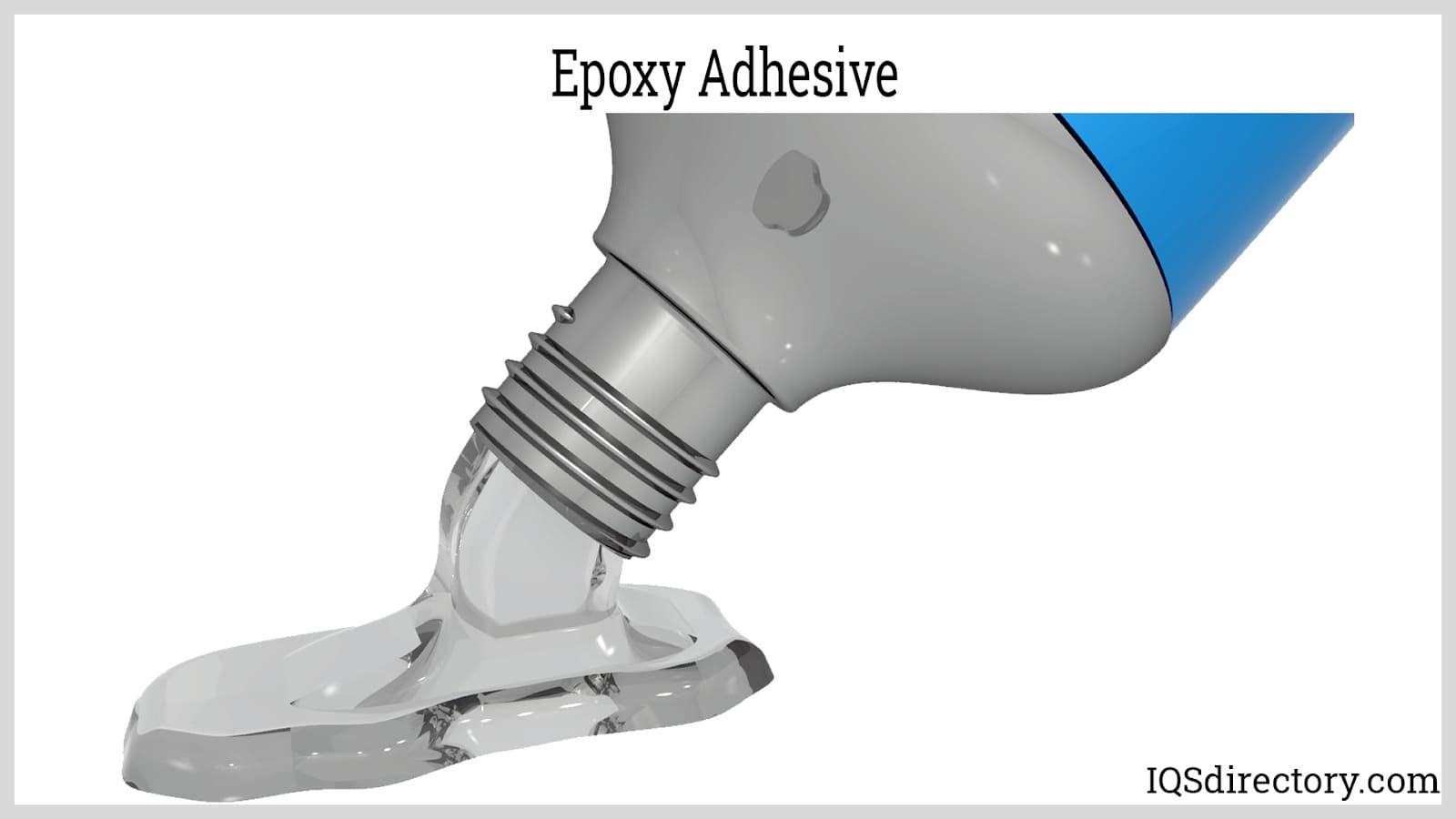
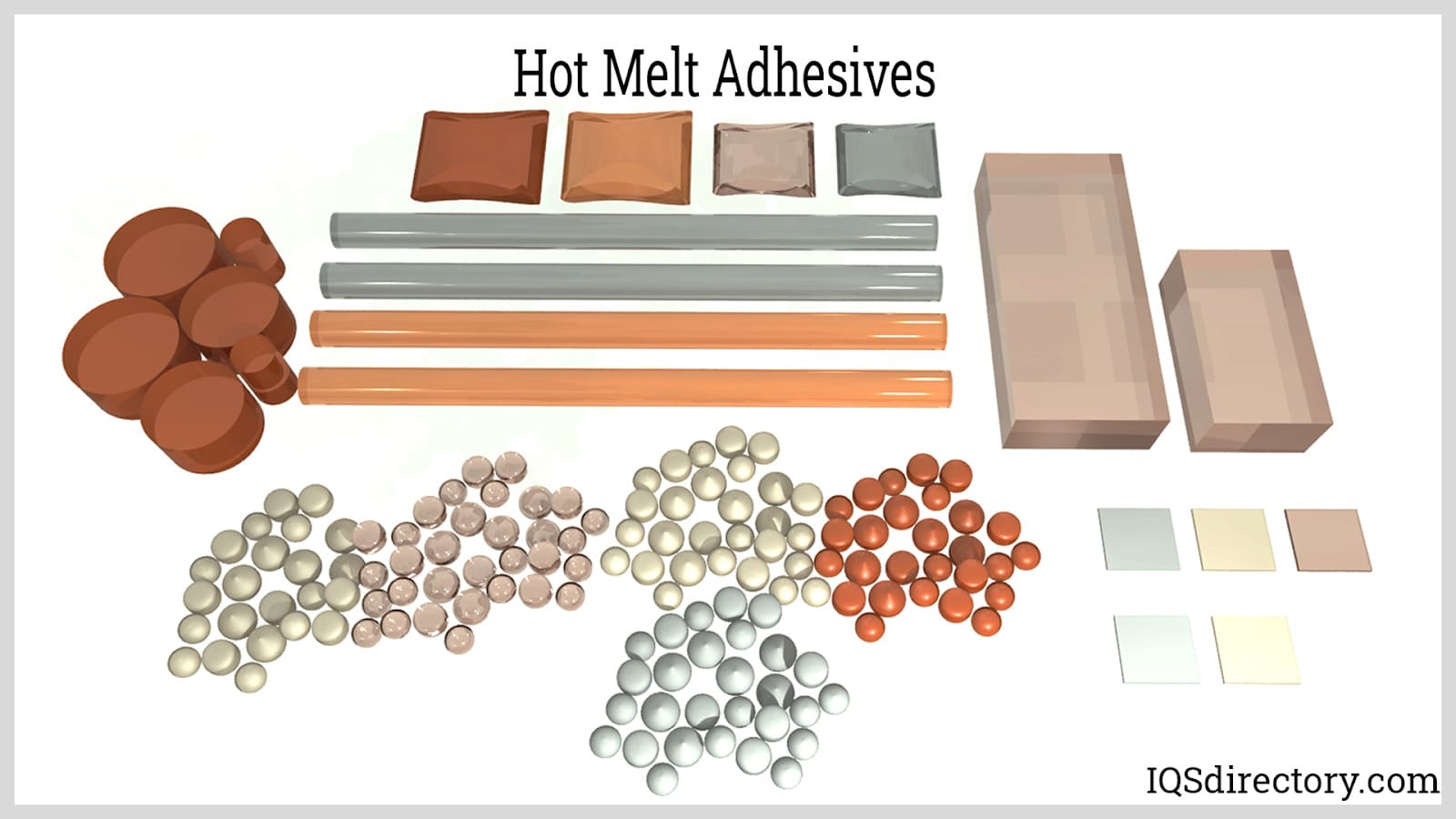
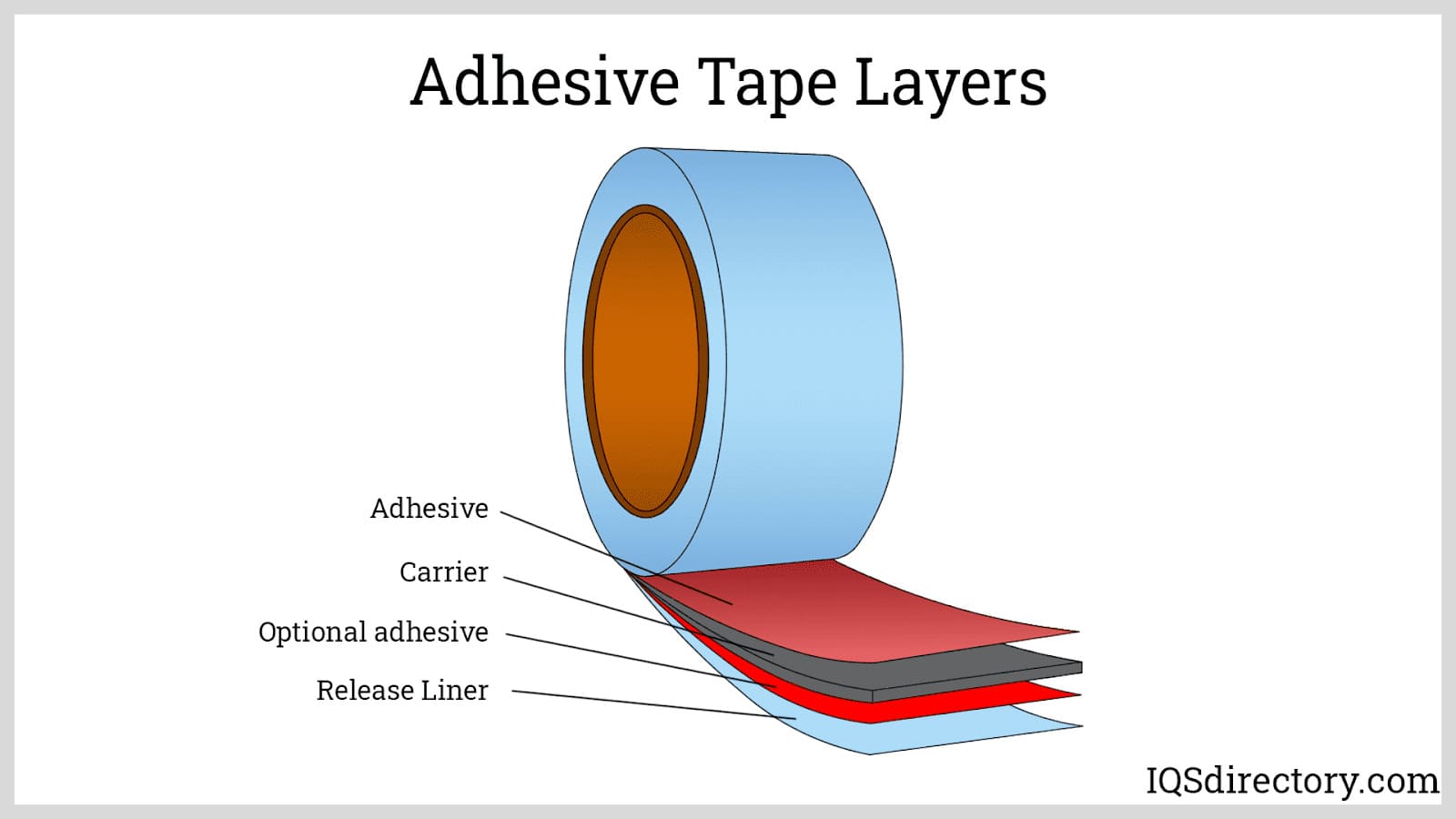
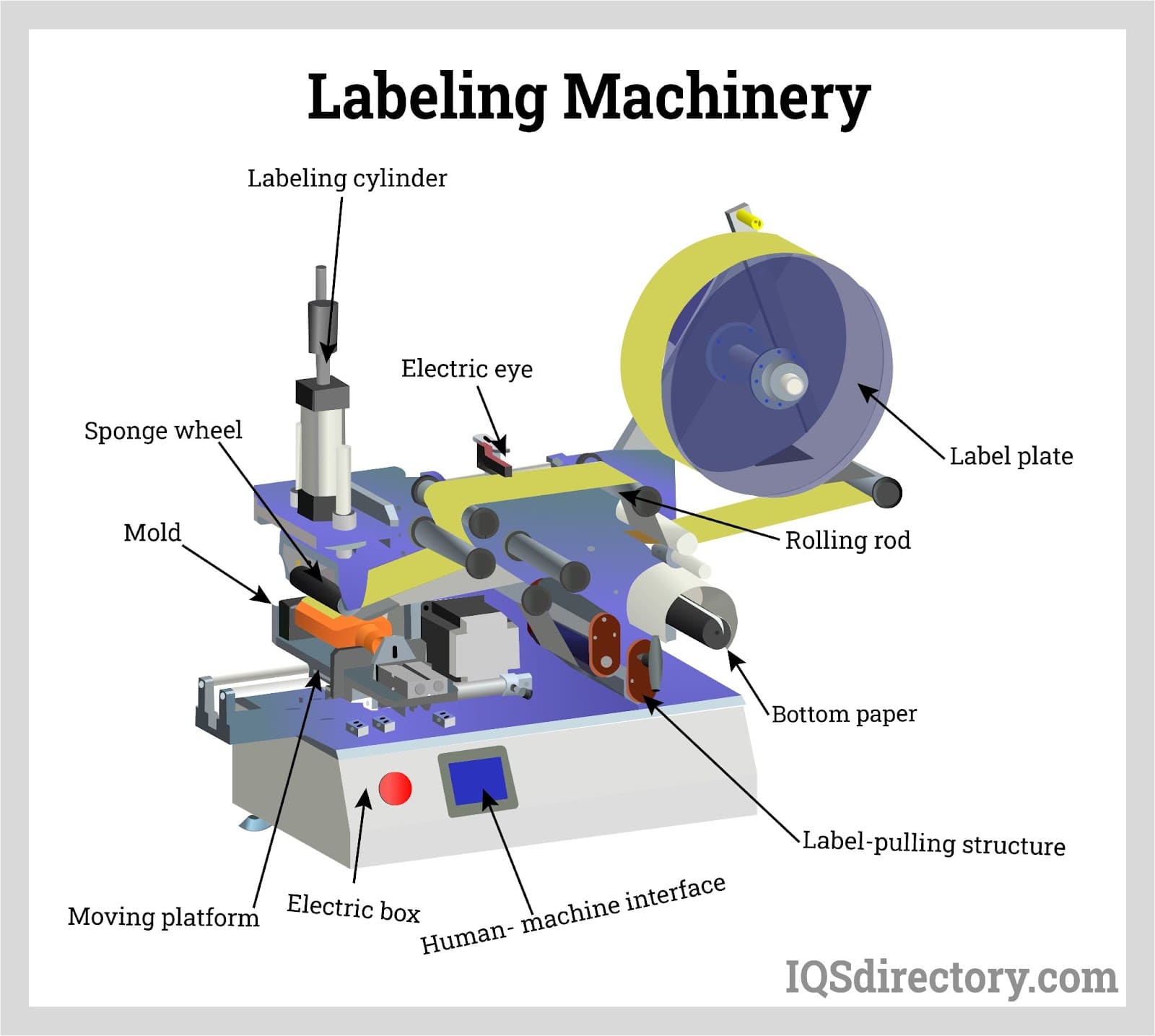
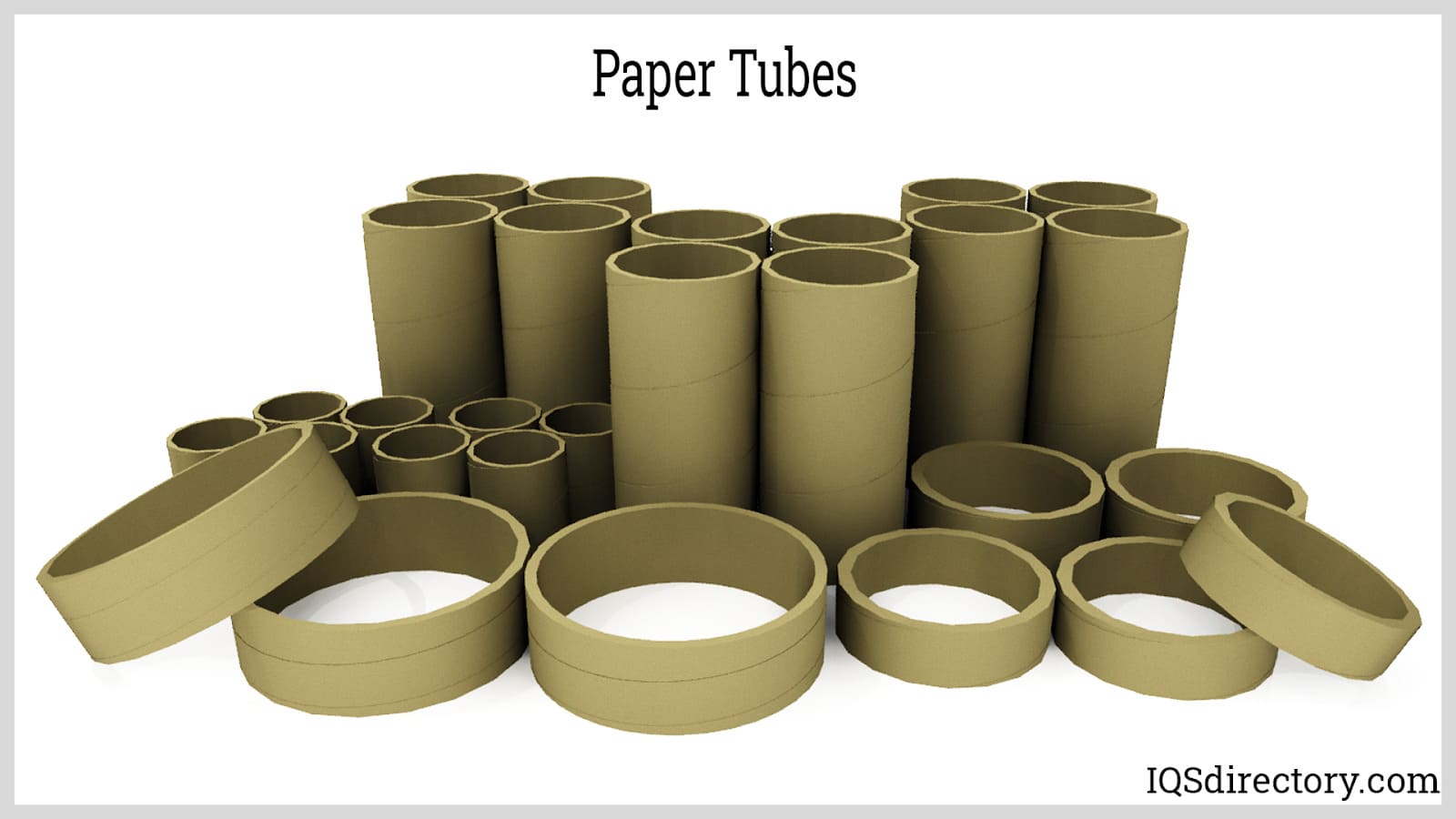
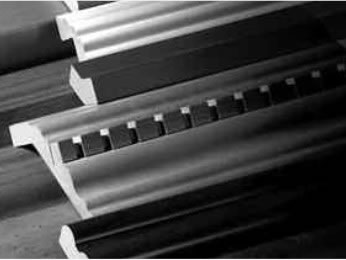 Adhesives
Adhesives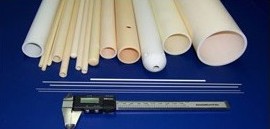 Alumina Ceramic
Alumina Ceramic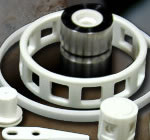 Ceramic
Ceramic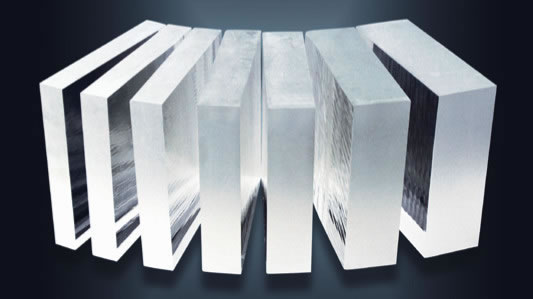 Glass
Glass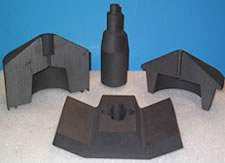 Graphite
Graphite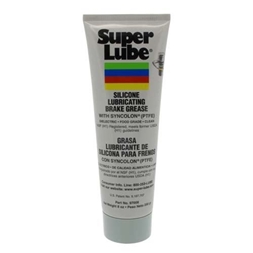 Lubricants
Lubricants Castings & Forgings
Castings & Forgings Bulk Material Handling
Bulk Material Handling Electrical & Electronic Components
Electrical & Electronic Components Flow Instrumentation
Flow Instrumentation Hardware
Hardware Material Handling Equipment
Material Handling Equipment Metal Cutting Services
Metal Cutting Services Metal Forming Services
Metal Forming Services Metal Suppliers
Metal Suppliers Motion Control Products
Motion Control Products Plant & Facility Equipment
Plant & Facility Equipment Plant & Facility Supplies
Plant & Facility Supplies Plastic Molding Processes
Plastic Molding Processes Pumps & Valves
Pumps & Valves Recycling Equipment
Recycling Equipment Rubber Products & Services
Rubber Products & Services